Assume the string myStr which contains three special characters.
myStr = "emdash —; delta Δ; thin space: ;"
Further assume that we wish to write this string to a LaTeX document via pylatex.
If we write the string as is to a LaTeX document, errors occur during its compilation:
import pylatex
doc = pylatex.Document()
with doc.create(pylatex.Section('myStr -- not encoded')):
doc.append(myStr)
doc.generate_pdf("myStr_notEncoded", clean_tex=False)
...
! Package inputenc Error: Unicode character Δ (U+0394)
(inputenc) not set up for use with LaTeX.
...
! Package inputenc Error: Unicode character (U+2009)
(inputenc) not set up for use with LaTeX.
...
If we first encode the string via pylatexenc, the special characters are either represented by their respective LaTeX encoding (emdash, delta) or encoded in a way unclear to me (thin space).
import pylatexenc
from pylatexenc import latexencode
myStr_latex = pylatexenc.latexencode.unicode_to_latex(myStr)
doc = pylatex.Document()
with doc.create(pylatex.Section('myStr')):
doc.append(myStr_latex)
doc.generate_pdf("myStr", clean_tex=False)
How do I have to write the string into the LaTeX document so that the special characters are printed as the actual characters when compiling with pdflatex?
Edit 1:
I also tried to change the default encoding inside the LaTeX document for the unencoded pathway but it results in a series of compilation errors as well.
doc.preamble.append(pylatex.NoEscape("\\usepackage[utf8]{inputenc}"))

